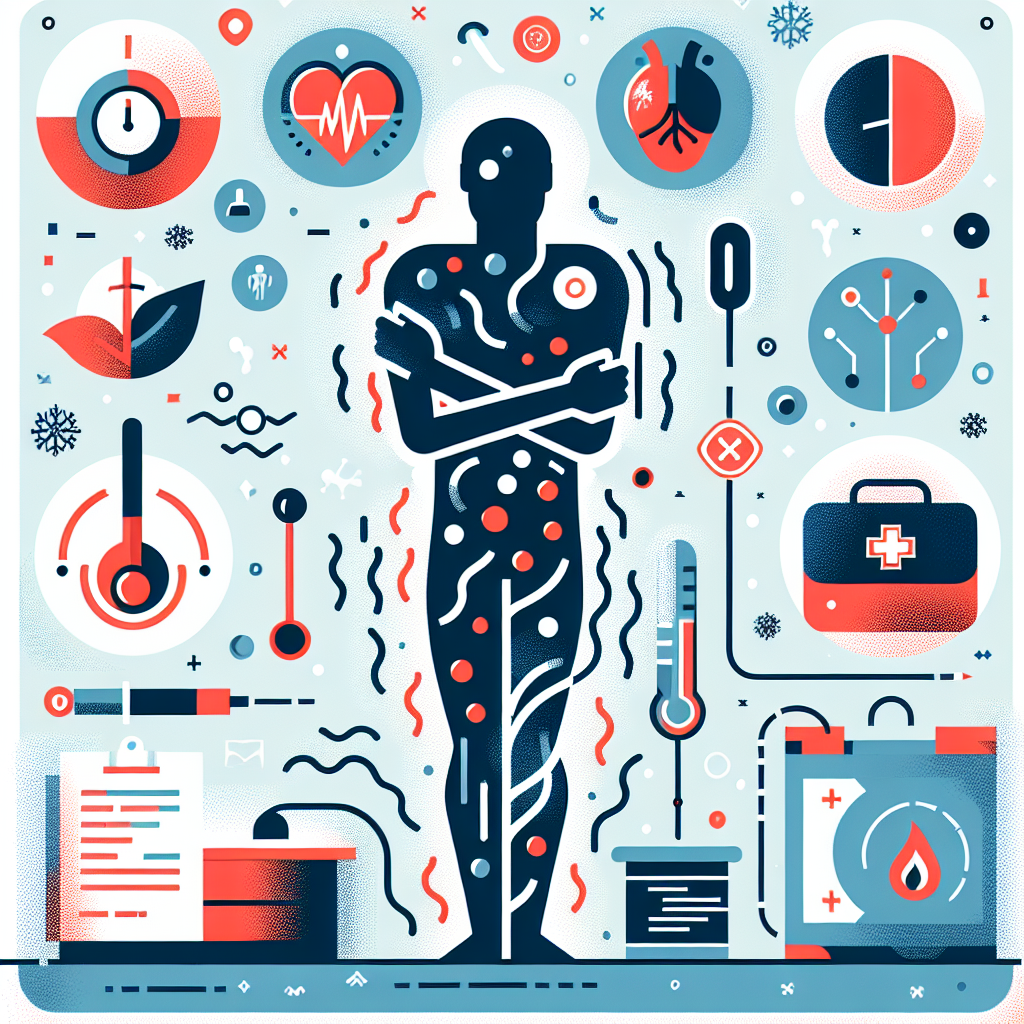Waking up drenched in sweat or trembling under the covers can be alarming. If you’ve experienced uncontrollable shivering at night, you’re not alone—many people report episodes of shaking, chills, or tremors that seem to come from nowhere. Nighttime shivering can have physical, environmental, or emotional causes, and understanding why it happens is the first step toward relief.
Uncontrollable shivering while sleeping: common causes
Several factors can trigger episodes of uncontrollable shivering. Viral or bacterial infections often produce chills as your body raises its temperature to fight pathogens. Low blood sugar or certain medications can cause tremors. Hormonal changes, especially during menopause, may lead to sudden nighttime hot flashes or cold shivers. Neurological conditions, like essential tremor or peripheral neuropathy, sometimes present as shaking episodes. Finally, anxiety and stress can create random shivers when your nervous system becomes hyperactive.
Recognizing symptoms and patterns
Not all shaking is the same. Pay attention to whether your shaking is brief or prolonged, whether it’s accompanied by fever, sweating, numbness, or weakness, and whether it occurs around the same time each night. Random shivers that are isolated and short-lived are often benign. Persistent or worsening uncontrollable shivering that disrupts sleep, causes breathing changes, or follows fainting should prompt medical evaluation.
Why do I randomly shiver? — common triggers
Understanding why do i randomly shiver can help you target solutions. Common triggers include:
- Infections and fevers (the body’s thermostat reaction)
- Low blood sugar or dehydration
- Reaction to medications or withdrawal from substances
- Temperature changes in your bedroom or bedding
- Anxiety, panic attacks, or post-stress cortisol spikes
- Neurological issues that affect muscle tone and control
How to stop shivering at night: practical steps
If you’re wondering how to stop shivering, start with immediate, gentle interventions: add a warm layer or blanket, drink a warm non-caffeinated beverage, and try deep-breathing or grounding techniques to calm the nervous system. Check your room temperature and bedding—too-cool environments or cold sheets often provoke shivering. If low blood sugar might be the cause, a small, balanced snack before bed can help prevent early-morning tremors. For medication-related or recurring episodes, consult your clinician about dose adjustments or alternatives.
When shivering points to a medical issue
Uncontrollable shivering that comes with fever, severe pain, confusion, chest pain, or fainting requires urgent medical attention. If tremors are progressive, interfere with daily life, or are accompanied by other neurological signs such as weakness or numbness, see a healthcare provider for evaluation. Your clinician may order bloodwork, infection testing, endocrine panels, or imaging depending on your history and symptoms. For general information on chills and when to seek care, a reliable resource is the MedlinePlus page on chills: MedlinePlus: Chills.
Long-term relief and prevention
Once serious causes are ruled out, focus on sleep hygiene and lifestyle changes to reduce episodes of uncontrollable shivering at night. Maintain a consistent bedtime routine, manage stress through mindfulness or therapy, and limit alcohol and caffeine close to bedtime. If screen time or evening stimulation contributes to anxiety and poor sleep, consider a structured wind-down—learn more about managing nighttime habits and reclaiming focus with a digital detox by checking this guide: how to reclaim focus and reduce anxiety with a digital detox. If hormonal causes are suspected, your provider can discuss targeted treatments such as hormone therapy or nonhormonal alternatives.
When to see a specialist
Referral to a neurologist, endocrinologist, or sleep medicine specialist may be appropriate for unexplained, frequent, or disabling tremors. A sleep study can rule out disorders like night terrors or REM behavior disorder. A neurologist can evaluate for conditions that cause involuntary movements and recommend treatments to reduce symptom frequency and severity.
Living with unpredictable tremors can be frustrating, but many cases improve with targeted changes to environment, medication review, and stress reduction. Keeping a symptom diary—documenting time, duration, accompanying symptoms, and possible triggers—can help your clinician identify patterns and guide treatment.
Takeaways:
- Nighttime shaking can stem from infections, hormones, low blood sugar, medications, or stress.
- Immediate relief includes warming up, a light snack if needed, and calming breathing techniques.
- Persistent, severe, or changing tremors warrant medical evaluation and possibly referral to a specialist.
Q: Are random shivers dangerous?
Most isolated random shivers are not dangerous and can be caused by benign factors like temperature changes or brief anxiety. However, shivers accompanied by fever, fainting, severe pain, or neurological symptoms should be evaluated promptly.
Q: How can I reduce nighttime tremors at home?
Improve bedroom temperature and bedding, maintain regular meals to prevent low blood sugar, limit stimulants before bed, and practice relaxation techniques. If medication side effects are suspected, consult your doctor before making any changes.
Q: When should I see a doctor about uncontrollable shivering?
See a healthcare provider if shivering is frequent, worsening, associated with other worrying symptoms, or significantly disrupts sleep and daily life. Early evaluation helps identify treatable causes and prevents complications.






